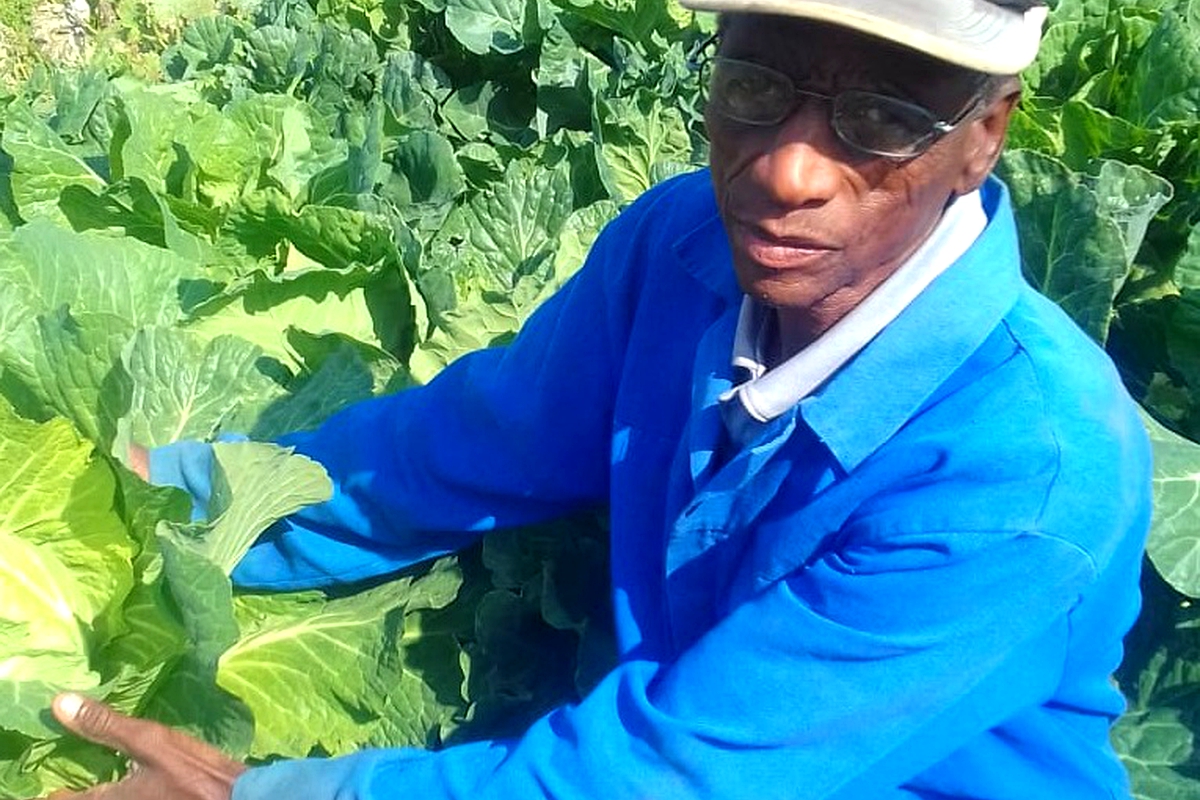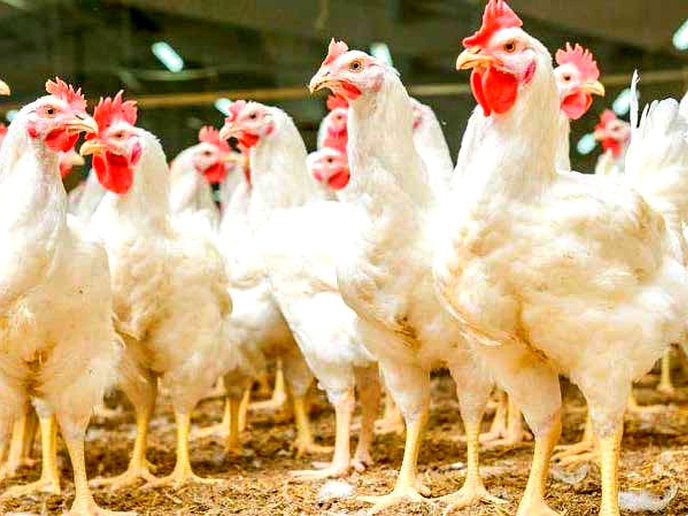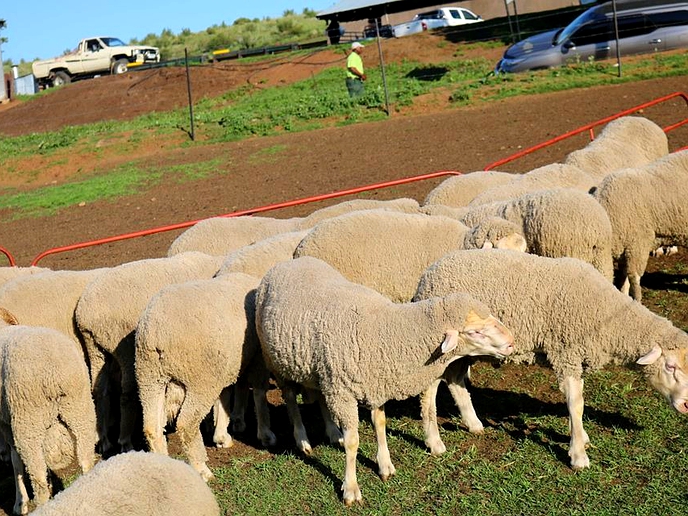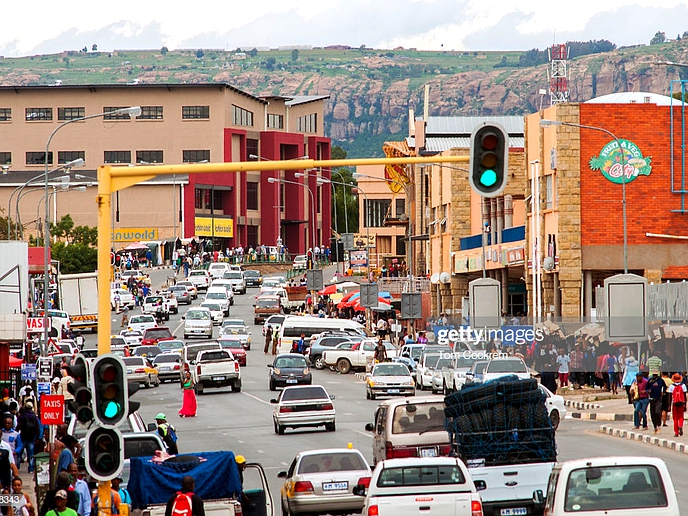STAFF REPORTER Lethoba Lets’ela, 77, of Leribe Ha Patlo has come up with a unique innovation by designing a machine that dries fruits and vegetables within just an hour, thanks to the skills he acquired in the Democratic Republic of Congo. He says he enrolled to study Electrical Engineering with a South African based institute for almost six years. In addition, while working in South African coal mines, he was taught by both blacks and whites on issues regarding electrical appliances. That is where his knowledge about electricity application grew in leaps and bounds. Lets’ela says while still working in the mines, he had a couple of friends from Mozambique who were doing a lot of projects using electricity like knitting, welding and many more.
business
May 2, 2019
5 min read
Innovative structure saves food, creates income

“I got fascinated by these money-spinning projects,” he says, adding that people who were involved in these projects were able to eke out a living.
He says a few years down the line, he went to DRC with a friend where he was exposed to various small and medium electrically powered machines that were used by individuals to dry their fruits and vegetables.
Lets’ela says when he retired from the mines, he told himself that he had to do something to change his life using small but innovative technology so he decided to design his own structure using simple materials which are cost-effective.
He says he used a few bricks and iron bars to erect the structure over which he placed an iron sheet.
To get his project up and running, Lets’ela started growing his own orchards where he planted various kinds of peaches, grapes and apples.
The orchards are thriving so he harvests his own fruits and slices the fruits before placing them in the oven inside his structure.
And he prepares some fire using the charcoal, when the charcoal is fully burnt and red-hot he sprinkles sulphur over it then tightly closes the structure.
Lets’ela says the sulphur helps to trap and absorb the carbon monoxide and tar emitted by the charcoal which he says also allows the products inside the oven to retain their original colour.
“He says everything bad is burnt leaving the product in its original form,” Lets’ela says, adding the same procedure is applied for the vegetables.
“I have to chop them into small pieces and place them inside the oven,” he says.
At this juncture, no air is allowed to come in.
“I apply the same procedure just similar to the fruits,” he says, noting he does not have to travel anywhere far to find a market for his products.
“There is an influx of people who come here queuing for my products, which they buy in bulk,” he notes with a smile.
Enjoy our daily newsletter from today
Access exclusive newsletters, along with previews of new media releases.
His products do not take long time waiting for the market as they get finished within hours after being processed.
At the moment, Lets’ela says he is working only with his family members but if he acquires more resources to increase volumes, he could bring in more people to grow his project.
He says food security in the country needs a collaborative effort to tackle it.
“People in the area buy my products in large quantities,” he says.
The Deputy Minister of Agriculture and Food Security Dr Nthabiseng Makoae says the country produces less than half of its food needs.
Lets’ela minimises his production costs in all ways because he produces the fruits and vegetables from his own land and processes them, without any middlemen.
On his farm, Lets’ela also produces peas, beans, cabbages, pumpkins and many more to drive his project and in this way, he is able to maximise his profits without incurring a lot of production costs.
He also does not have to incur transport costs to the market as clients are the ones coming to his home.
Since he has been in this project, Lets’ela says he has been sending his children to school without any hurdles and reveals he is able to generate enough income to cushion him against biting economic hardships.
With the country experiening a sharp drop in food production because of drought innovations like these could help save many souls as people could dry their fruits and vegetables and store them for hard times.
Lets’ela says there are some people who go to bed on empty stomachs during difficult times yet during the season there would be peaches all over the country and if they could be picked and dried when they are ripe, they could be a good source of food.
When peaches are ripe in Lesotho, they will be seen scattered all over with some even getting to rot and not many people think of adding value to them.
Ministry of Agriculture and Food Security is intending to hold a workshop where people who have technological skills like Lets’ela are going to showcase what they produce.
Lets’ela is willing to showcase his machine and teach his fellow Basotho how the structure is designed and what is needed to build it. He says he is ready to share what he knows with other people so that they could wage war against hunger using simple technology.
“It is affordable and cost-effective,” he says.
However, he could not be drawn to disclose how much he generates per year through his project except to only say his project is paying him tenfold.
“Do not talk about just sending children to school. Talk of something far beyond that,” he says.
Lets’ela says the Ministry of Forestry has already paid a visit to his farm to observe what is taking place.
His structure also helps to dry meat.
Lets’ela says Lesotho imports virtually all its agricultural produce from its biggest and only neighbour South Africa which means there is market for Basotho to sell their own products in the country.
He strongly appeals to Basotho, especially the youth who are roaming the streets, to go into agriculture in order to lift them out of poverty.






